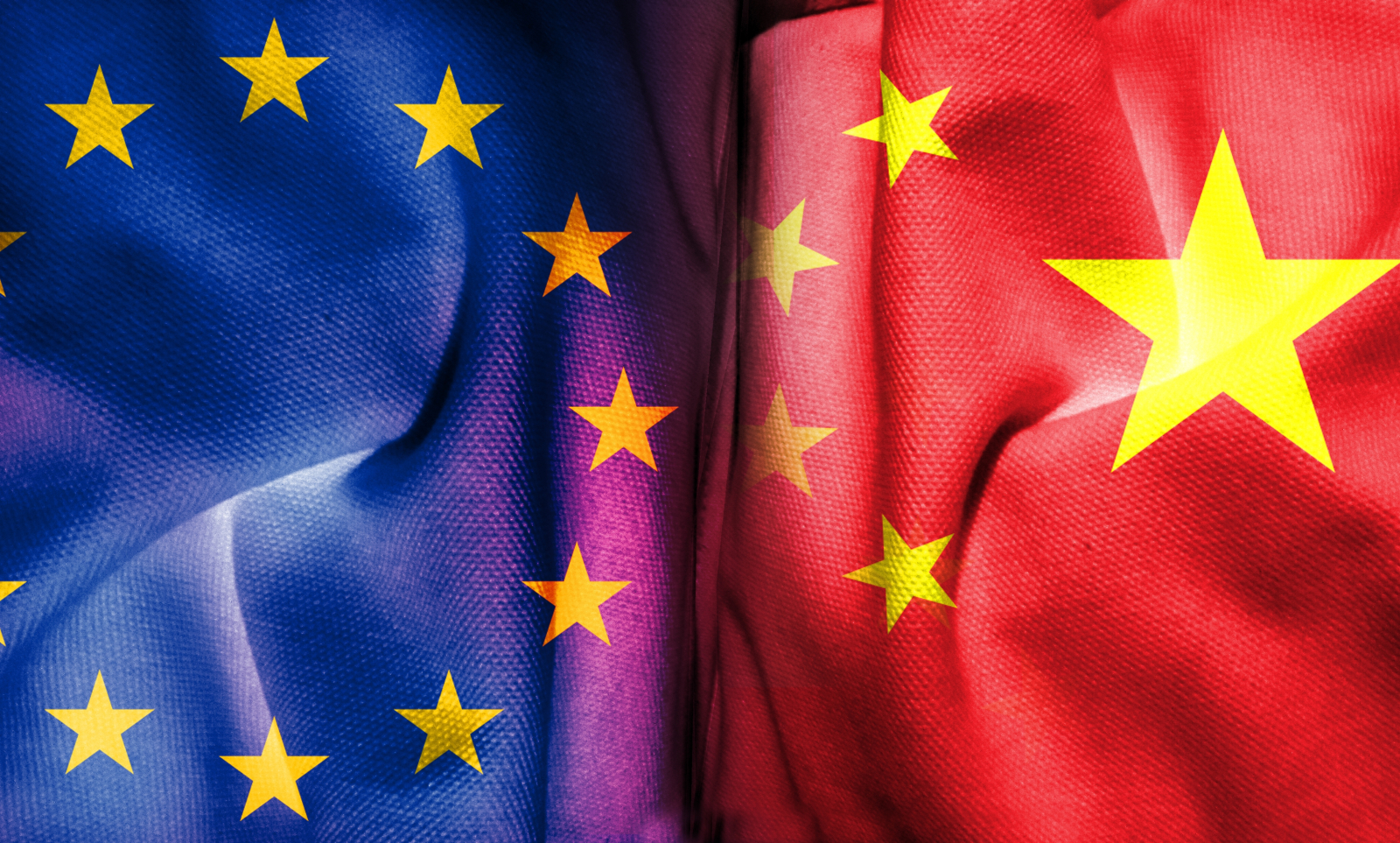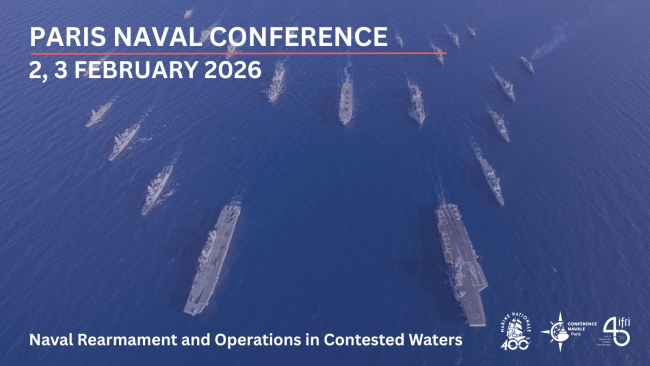
Practical information
Accessibility
Related centers and programs

Lithuania provides a useful case study in China’s use of coercive economic and diplomatic pressure in pursuit of its foreign policy goals.
Amidst a diplomatic row exacerbated by the establishment of a “Taiwanese Representative Office” in Vilnius, China unilaterally stopped almost all bilateral trade with Lithuania for nearly two years, between December 2021 to November 2023. Officially, Beijing denied any embargo or economic sanctions, but the impact was nevertheless real. This was the most significant infringement of trade rules by China against a European Union member state, which led to extensive internal debate and ultimately to the EU submitting a complaint before the World Trade Organization. It also led to an accelerated development of the EU’s Anti-Coercion Instrument.
With Chinese economic statecraft strengthening in Asia as well as in Europe, understanding the impact of China’s coercive actions on Lithuania, how Vilnius managed the pressure, and how tensions were eased offers broader lessons for how to manage relations with China in the future.
Keynote speech:
S.E. Arnoldas PRANCKEVIČIUS, Ambassador of Lithuania to France
Chair:
John SEAMAN, Research fellow, Center for Asian Studies, Ifri
Speakers:
Konstantinas ANDRIJAUSKAS, Associate Professor of Asian International Relations, Institute of international relations and political science, Vilnius University, Lithuania
Séverine ARSENE, Analyst for Asia, Policy Planning Staff, Ministry for Europe and Foreign Affairs, France
This closed event – invitations only - is part of the debates cycle of the Season of Lithuania in France, organised by the Embassy of Lithuania in France. The Season of Lithuania will take place from 12th of September to the 12th of December.
This conference will be held in English without translation under the Chatham House Rule.
Related Subjects
Other events

Paris Naval Conference 2026: Naval Rearmament and Operations in Contested Waters
This fourth edition of the Paris Naval Conference (CNP), bringing together high-level military, industrial, and academic speakers, will address the challenges associated with general naval rearmament and naval operations in increasingly contested environments.

Is Fusion Coming Faster and Cheaper than Expected?
ITER was for long time the embodiment of fusion as an international, long standing R&D cooperation objective to seek a new way to produce safe, low carbon and abundant low carbon electricity. Yet over past years, fusion start ups, several governments and investors have decided to push fusion R&D and deployment to complement ITER. Major efforts are ongoing notably in the United States, China, Germany, Italy.

EV Supply Chains for Japan and Europe: Strengthening Economic Security
Economic security aims to ensure the resilience of supply chains for key industries: the case of electric vehicle production in Japan and Europe will be discussed.







